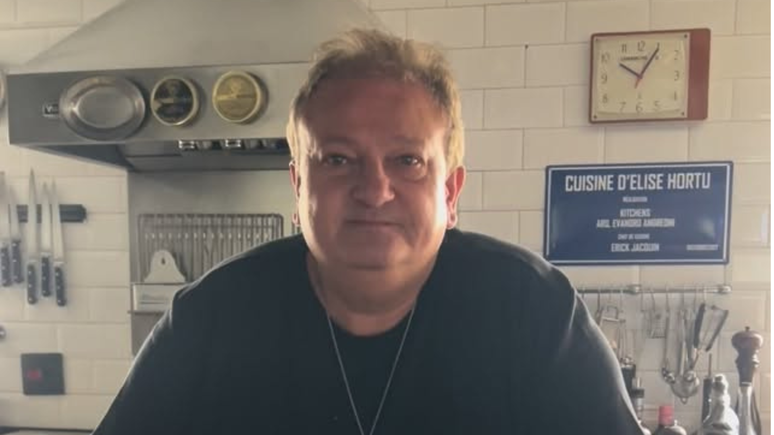In the first half of 2024, 1,793 deaths were recorded, including 46 children
Brazil is one of the world leaders in organ transplantation, but it still faces significant challenges. One of the main obstacles is the high rate of donation refusal by families. In this scenario, every year, about 3,000 Brazilians die waiting for a transplant.
In the first half of 2024, 1,793 deaths were recorded, including 46 children. The case of Maycon of Almeida MorenoThe 35-year-old, who received a heart after a year and a half of waiting, illustrates the importance of the gesture. “Organ donation changed my life,” Maycon tells Folha de São Paulo.
Between January and June 2024, 4,579 organ transplants were performed in the country, 8,260 cornea transplants and 1,613 bone marrow transplants. However, the National Transplant System waiting list still counted 64,265 adults and 1,284 children waiting for an organ.
Barriers and factors influencing donation refusal
The main obstacle to organ donation in Brazil is family refusal. Currently, the national average of refusal is 45%, with significant regional variations. In Paraná, for example, the refusal rate is 25%, while in Acri it reaches 77%. Lack of information and distrust of the system are factors that contribute to this situation.
According to the doctor Walter Garciafrom ABTO, to Folha de São Paulo, several factors influence the Family’s decision during the donation process. Among them is what he called anticipated perception. If the family has a negative view of donation, it is unlikely that they will change their mind during a period of intense grief.
In addition, the issue of hospital care, since the treatment received in hospital can influence the decision. Inadequate care can increase the mistrust of family members. Finally, there is also the circumstance of reception. The way in which the news of death is communicated and the approach of the medical team are crucial. Humanized care can make the difference.
Ways to improve and challenges
Santa Catarina is a positive example, with ongoing training programs for transplant teams. Another recent initiative is the Electronic Authorization for Organ Donation (Aedo), which facilitates the process of registering donors. In three months, more than 7,000 people have registered, although 55% have not yet completed the process.
One of the challenges in the field of organ donation is the underestimation of brain death. To certify brain death requires two specialists and specific tests, such as Doppler. The lack of structure in some hospitals prevents the confirmation of death, resulting in a reduction in donations.
Source: Terra
Ben Stock is a lifestyle journalist and author at Gossipify. He writes about topics such as health, wellness, travel, food and home decor. He provides practical advice and inspiration to improve well-being, keeps readers up to date with latest lifestyle news and trends, known for his engaging writing style, in-depth analysis and unique perspectives.









